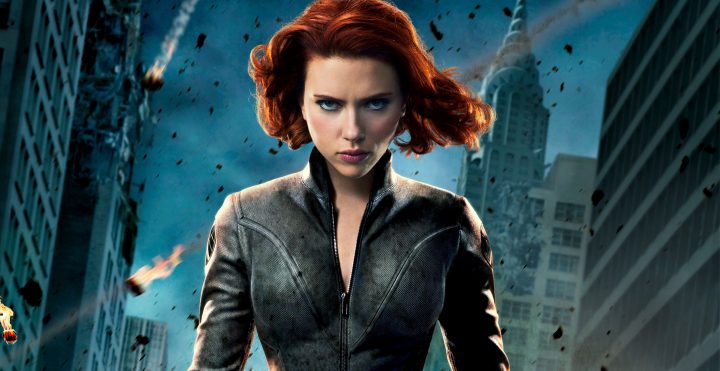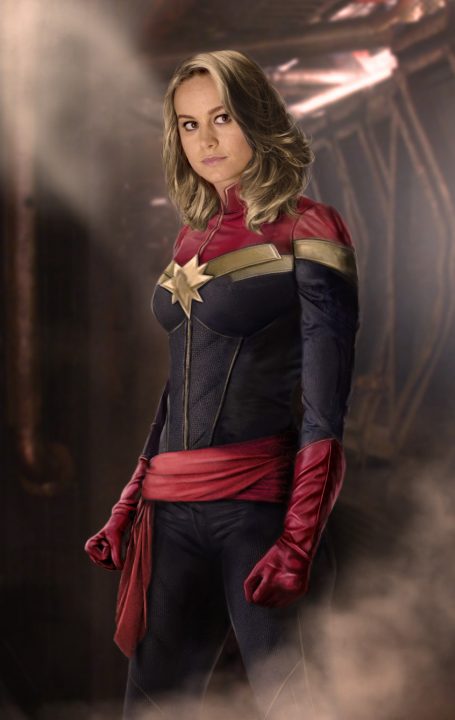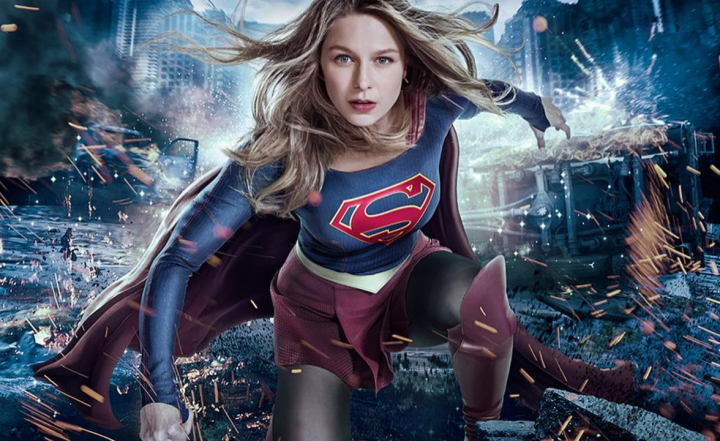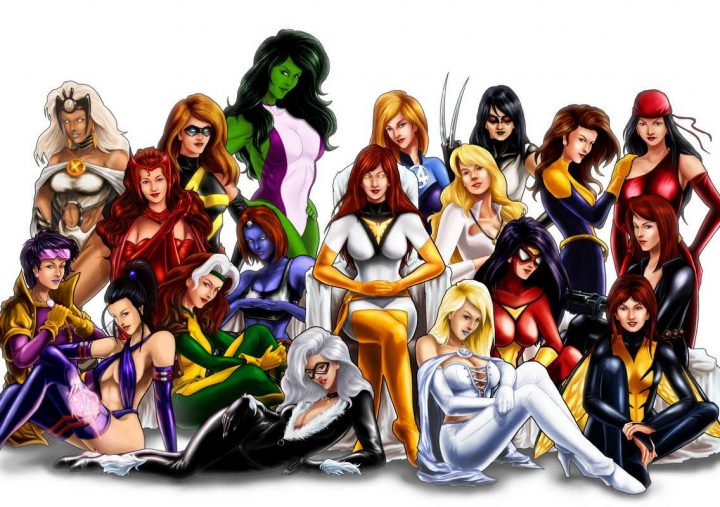A Wondrous Woman: Shattering Expectations

This morning I woke to news that DC’s blockbuster hit Wonder Woman was closing in on $800m in global takings. While it seems like every other blockbuster film these days does that kind of business on a whim, it’s actually rarer than you think considering the volume of films released every year (and obviously, inflation). Wonder Woman has become the breakout character of the still embryonic DCEU – which began with Man Of Steel and continued with the critically mauled Batman V Superman: Dawn of Justice – and Gal Gadot’s performance in the role has in most quarters been lauded and embodying that which makes the heroine so iconic.
In the formative days of the comic book industry, there were very few successful female superheroes. In the formative days of the comic book movie industry, there were equally few female-led superhero films; obviously Helen Slater’s 80’s Supergirl is notable for its lack of critical and commercial success, while the oft-cited Catwoman, with Academy Award-winning actress Halle Berry, is based on a character whose chief purpose is being a villain. These stumbling blocks have prevented female superhero films from becoming “a thing”, an aspect of modern Hollywood that will surely be reconsidered in light of Wonder Woman’s success. The fan clamour for Marvel’s Black Widow, long a staple in the MCU, to be given her own starring vehicle, has persisted since she turned up in Iron Man 2. The success of CW’s Supergirl television series has firmed the belief that female-led superhero properties can be successful, whereas in decades past they may have been pushed to the side.

The rise of feminine heroes as pop culture icons isn’t something to be feared, endured or obfuscated, either. Cries of a feminist agenda or liberalisation of Hollywood aside, the rise of female-led franchise properties has enormous potential to make big, big dollars. Wonder Woman’s billion-dollar success can be repeated, so long as the right formula is followed; quality directors, decent stories, great casting and above all a commitment to the material (which is where Slater’s Supergirl went so wrong) could easily produce a replication of Patty Jenkins’ summer success story. Marvel’s first female-led superhero film, Captain Marvel, is due to commence filming next year for a 2019 release, stars Oscar winner Brie Larson and will be co-directed by a woman, Anna Boden (alongside her regular partner in crime Ryan Fleck), so it’s not like studios haven’t caught on. You may have also noticed that the Disney Star Wars films released to-date have prominently featured women in leading roles – Daisy Ridley’s Rey and Felicity Jones’ Jyn Urso – so there’s no shortage of up-and-coming strong female characters in popular culture. The argument, however, is that there should be more.

Much like the BBC’s recent casting announcement of Jodie Whittaker as the first female Doctor in Doctor Who, there’s a slithering underbelly of rancid misogyny that follows anything in which a woman dare poke her head up for some success. The internet trolls and woman-haters screeched into the abyss of nothingness the second Whittaker was announced, using misplaced arguments about James Bond needing to be feminised or the Bible being rewritten to feature a female Jesus. Remember only 12 months ago we all bore witness to the evisceration of the female-led Ghostbusters by a swathe of human trash disputing its creative superiority? Never mind that the film was a trash-bag of unfunny, or that its characters were inherently unlikable (your mileage may vary), the arguments revolved almost entirely around the fact that Hollywood had dared to sully the Ghostbusters legacy by turning it into a bra-and-panties brigade. My article from last year made my own opinions clear on why I didn’t want to see the film (spoiler, I did in the end) but that doesn’t mean I’m right. I’m actually looking forward to the female version of Ocean’s 11!

Frankly, arguments against female-led properties because they’re female-led are idiotic. It doesn’t matter how you spin them, they are bygone opinions that deserve condemnation. Hoping a film doesn’t succeed just because there’s a woman up the front works against not only female-led films but film in general. Creativity comes from an abundance of differing viewpoints, different ways of looking at things. Stifling this creativity – even without knowingly doing so – will result in less quality and more bland, uninteresting material. The lack of female directors in Hollywood (and indeed, in most film and television industries globally) is something keenly felt even now, although the tide is turning thanks to continual public pressure. The vaunted Academy of Motion Pictures has adjusted their intake of members to include more people of minority races, in order to offer a broader spectrum of ideas and concerns within its base. Change is happening; you might not like it but, like climate change, you cannot avoid it.
The success of Wonder Woman and the near universal acclaim with which the film has been met is not just boundary shattering but precedent setting. One can no longer claim female superheroes aren’t popular, or worthwhile in their own films. Jenkins’ film has usurped that condescending argument wholeheartedly. One suspects that Hollywood is taking notice of it, and will watch the arrival of Captain Marvel in a couple of years with great interest. Hollywood’s motivations for this will hardly be altruistic, because there’s a shit-ton of money to be made here. Remember, once Hollywood sees a great idea that works, it mines that idea in future films until the viewing public has had enough.

Tapping into female audiences in a way that brings the studios financial gain has been either avoided or overlooked, much to their erroneous judgement. The shift in thinking, brought about by an increase in strong, visible female lead characters and crystallised in Wonder Woman’s blistering box-office take, is long overdue, and one suspects we’re about to head into a golden age of blockbuster entertainment that’ll give us all something to cheer about. After all, better films and stronger characters – male or female – can’t be a bad thing, can it?








Representation in film is something I’m very passionate about. The world is such a kaleidoscope that diversity can’t be seen as some buzzword to appease the masses, it needs to be the norm. I think the problem that a lot of people have is that they think that if women want more roles, they should simply just create original content that features female leads. I definitely support original content but I think this argument is rather superficial because it neglects the fact that many heroes are male only because that was the status quo for so long. There’s a huge chunk of cinema that was withheld from people of colour, women, the LGBT community simply because heroes had to be white males. So I support original content like Wonder Woman and a possible Black Widow film but I’m also all for remakes with gender switches.
I’m less enthusiastic about female-switched-remakes, as I find that to be a slippery slope between creatively vacuous dollar-hunting and actual, legitimate artistry. I am all for a lot more female led properties being devised but if you’re simply going to take a successful male-driven property (like Ghostbusters or Ocean’s 11) and do it with women as some kind of equalising propaganda, I think you’ll fail more often than not. Strong female properties aren’t limited unless Hollywood chooses to make them so – fans have been clamouring for a Black Widow solo film since Avengers came out, and we got a silly Ghost In The Shell remake. Wonder Woman’s success buoys me for the Captain Marvel film in a few years, too, but we’re still waiting for the male-driven Mary Poppins film I had hoped would eventuate, Mark Poppins.
“Hoping a film doesn’t succeed just because there’s a woman up the front works against not only female-led films but film in general.”
Amen to this, and the entire article. Great post!
Thanks mate. Sadly, I think we’re become more and more in a minority in this respect.